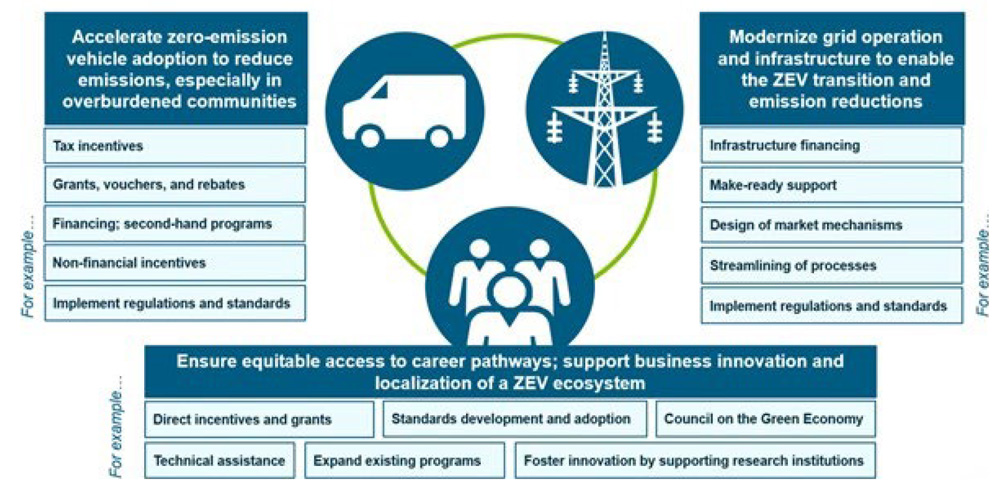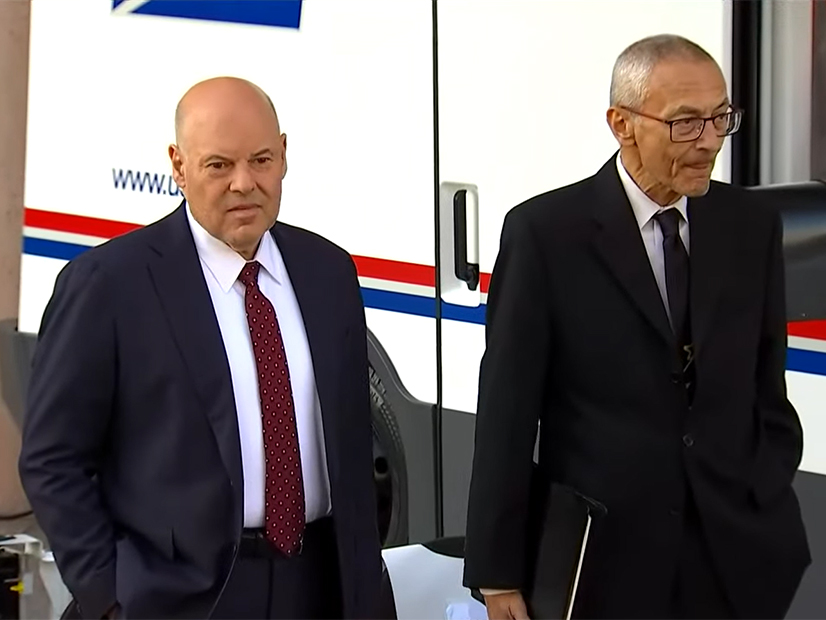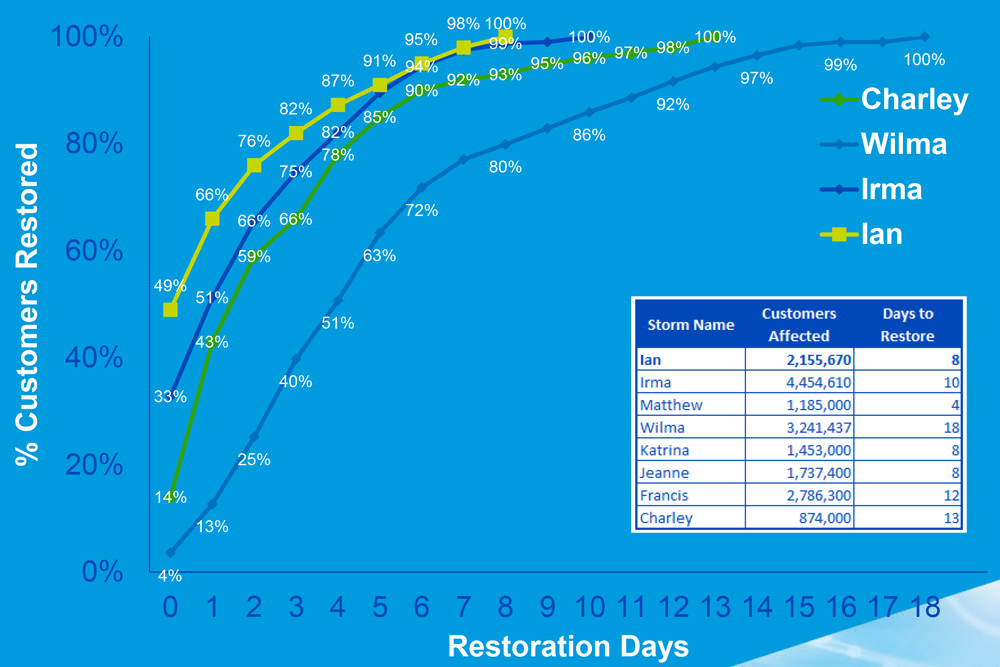The Memphis Light, Gas and Water utility remains on a five-year rolling contract with the Tennessee Valley Authority after its board of commissioners unanimously rejected a 20-year power supply contract with the federal agency earlier this month.
The Dec. 7 recommendation eliminates MLGW’s potential generation independence and MISO membership for the time being. It also avoids a long-term partnership agreement that would have immediately lowered costs but bound the municipal utility to TVA for at least two decades.
MLGW Board Chairman Mitch Graves said the contract TVA offered was “too long of an agreement.”
The contract would have cut base rate charges by 3.1%, kept the savings fixed through 2029, and allowed MLGW to acquire up to 5% of its energy needs from renewable sources. However, the agreement included a stranded-cost obligation that would have held the utility responsible for a percentage of TVA’s future investments and followed the utility if it decided to later leave TVA. The contract also stipulated a 20-year termination notice; MLGW’s current agreement has a five-year exit notice.
In a press release, the utility said it “will remain a TVA customer for the foreseeable future.” It said the decision was made “after months of public and advisory council meetings, work with consultants and internal debate.”
TVA spokesperson Scott Brooks said the verdict is a “reinforcement of the longstanding relationship with TVA in delivering affordable, reliable and clean energy to the people and communities across Memphis and Shelby County.” The agency said it looks forward to continuing a more than 80-year relationship with MLGW and its incoming CEO, Doug McGowen.
Memphis Mayor Jim Strickland in October appointed McGowen, the city’s longtime chief operating officer, as the utility’s CEO. He will replace current CEO J.T. Young.
MLGW has considered weaning itself from TVA’s supply for several years and building its own generation to tap into MISO’s system.
However, consulting firm GDS Associates told the utility that splitting from TVA and participating in MISO’s wholesale markets could cost MLGW up to $25 million annually. The consultants said the escalating cost of materials and labor would soak up any savings when studying an exit from TVA. (See Memphis Says Staying with TVA is Best Option; Inflation Dampens Possible Memphis Exit from TVA.)
“We believe the people of Memphis and Shelby County deserve a partner that cares about serving their needs and addressing real issues like energy burden and revitalization of the city’s core communities,” TVA Executive Vice President and Chief External Relations Officer Jeannette Mills said in a press release. “Our continued partnership with MLGW provides the best option for making this happen.”
TVA West Region Vice President Mark Yates said the agency plans to invest in the Memphis region. He called MLGW’s decision to remain with TVA “a positive step forward.”
The TVA did not address MLGW’s rejection of the 20-year contract option.
“TVA has been respectful and supportive of the process, and we are glad to see it come to a successful resolution. MLGW’s process has been a thorough, disciplined and unbiased consideration of potential energy suppliers,” Brooks said.
Southern Alliance for Clean Energy Executive Director Stephen A. Smith said he applauded the decision to “reject the flawed recommendation to sign TVA’s onerous long-term contract.”
“By not signing the perpetually renewing contract, MLGW maintains maximum flexibility, which we believe is critical in light of the changing utility landscape,” Smith said in a statement. “With the passage of the Inflation Reduction Act and the increasing opportunities available to municipal utilities, we believe that MLGW needs to maintain all its options going forward. We hope they’ll continue to look for further opportunities to be more independent of TVA and provide better service and power supply options for the customers in Memphis and Shelby County.”
Pearl Walker, organizer of the Memphis Has the Power grassroots group, said the MLGW board vote is “historic” and keeps its power supply’s future flexible.
During Wednesday’s utility board meeting, Walker urged MLGW to consider “cleaner, more affordable and renewable energy options” and requested it to explore opportunities for generation funding under the Inflation Reduction Act. She said it was imperative that MLGW continue weighing plans because Memphians have some of the highest energy burdens in the nation.
In a statement, Walker said a “never-ending contact would negatively impact our energy future.”






